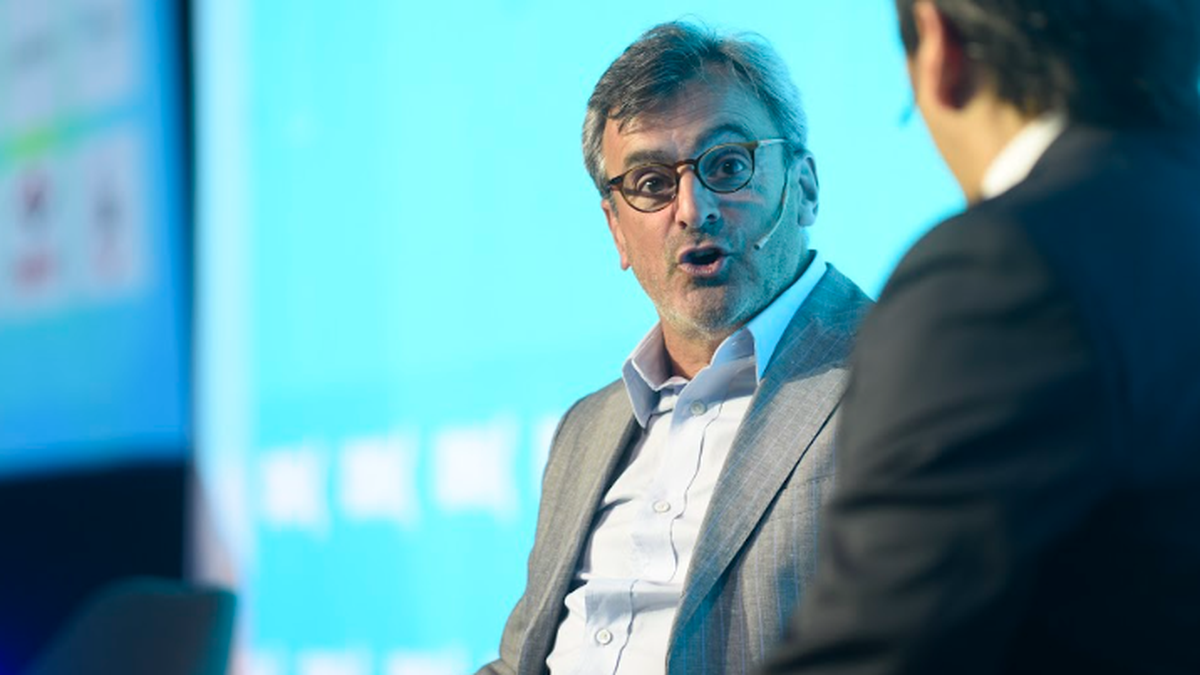I am an author and journalist who has worked in the entertainment industry for over a decade. I currently work as a news editor at a major news website, and my focus is on covering the latest trends in entertainment. I also write occasional pieces for other outlets, and have authored two books about the entertainment industry.
Menu
Fahri Yardim and Rocko Schamoni in “Der Upir”: Series is “like a family reunion”
Categories
Most Read
Maxi López traveled urgently to Switzerland and would leave MasterChef Celebrity: who would be his replacement
October 15, 2025
No Comments
La Renga returns to Rosario in December: how and where to get tickets
October 15, 2025
No Comments
A documentary about James Cameron and the “Avatar” films comes to Disney+
October 15, 2025
No Comments
The heartbreaking new Netflix series: a mother and her tireless fight to get her children back
October 15, 2025
No Comments
Latest Posts

New Russian attacks on Ukrainian power plants cause massive power outages
October 15, 2025
No Comments
October 15, 2025 – 20:48 The bombings occurred between Tuesday night and early Wednesday morning. Russia again attacked electrical infrastructure in Ukraine and forced emergency

Traffic: Cheaper driving licenses? Transport Minister makes suggestions
October 15, 2025
No Comments
AngelicaI am an author and journalist who has written for 24 Hours World. I specialize in covering the economy and write about topics such as

Industrialists warn that the fall in activity and high rates complicate the economic transition
October 15, 2025
No Comments
October 15, 2025 – 20:12 This was stated by the head of the UIA, Martín Rappallini, within the framework of the 61st Colloquium of the
24 Hours Worlds is a comprehensive source of instant world current affairs, offering up-to-the-minute coverage of breaking news and events from around the globe. With a team of experienced journalists and experts on hand 24/7.

